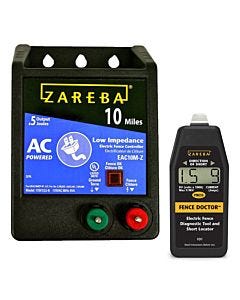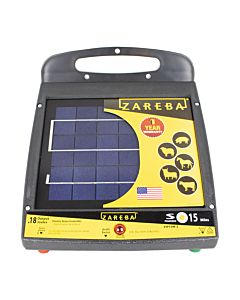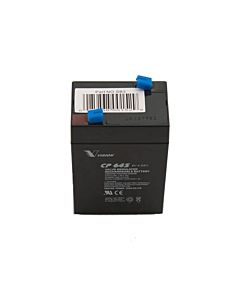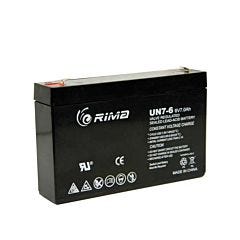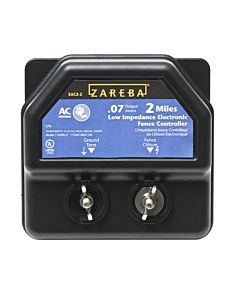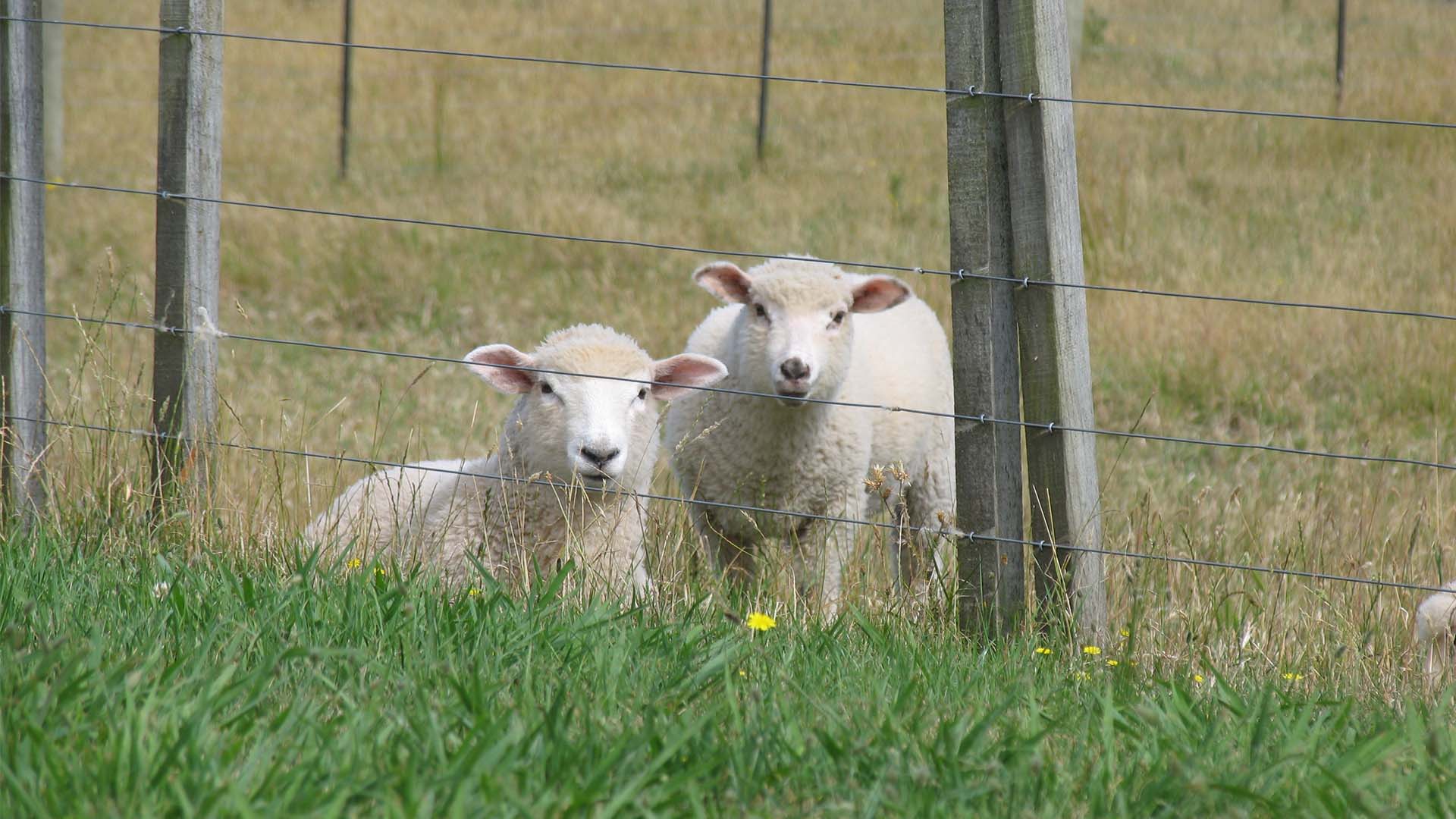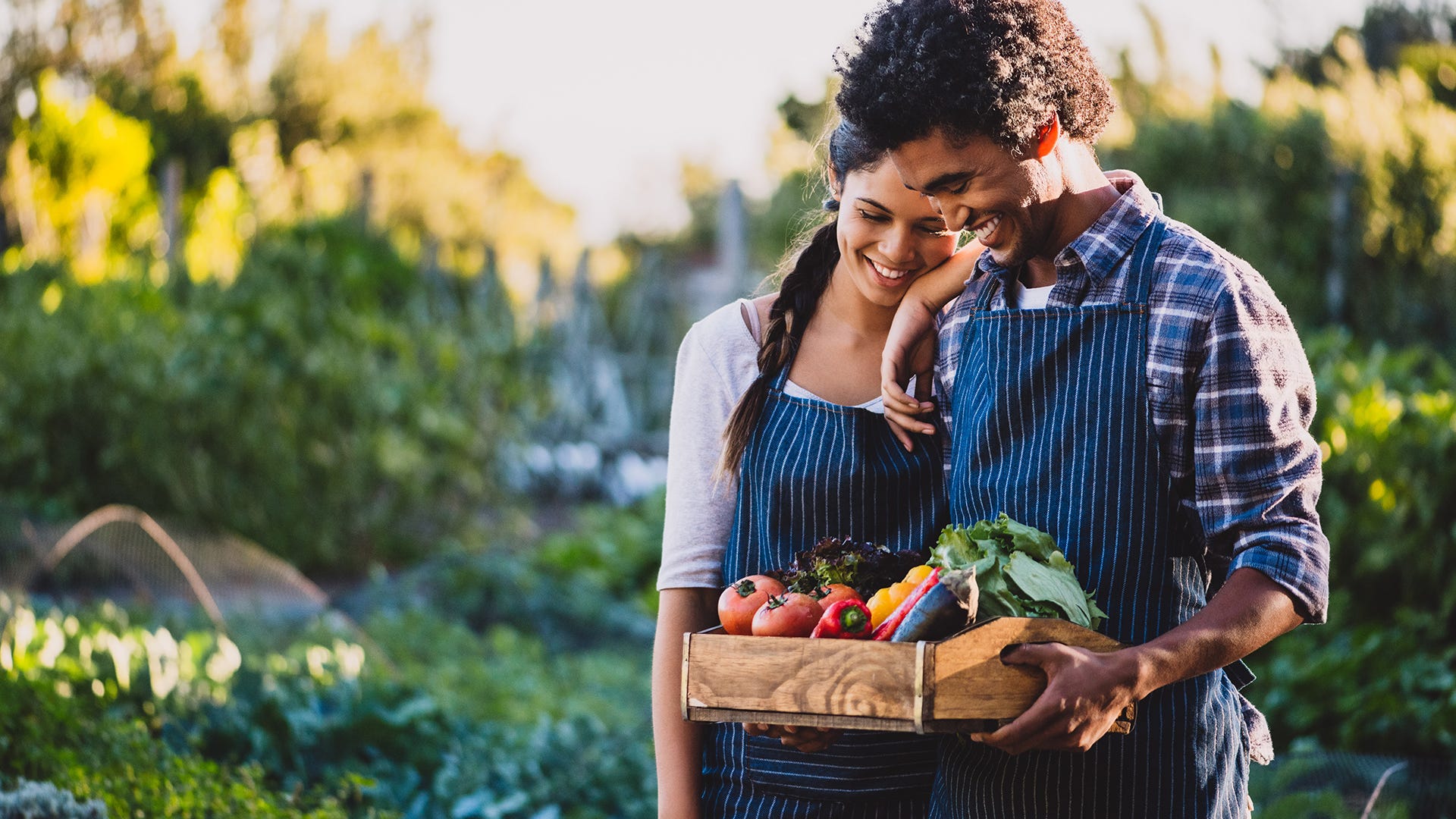
Hobby farming is one of those activities that varies from person to person and farm to farm. At the basic root of hobby farming – the definition is its name. Hobby farming is when you start to farm in your free time, dedicating time and effort towards agriculture simply because of your passion, not for the money. Let’s dig more into is the basics of hobby farming, and what you need to know about it before getting started.
What is a Hobby Farm?
Hobby farming is a small-scale farm that is more for pleasure than business. It doesn’t have to be a full-time venture. People that hobby farms can have day jobs and other focuses in their lives rather than dedicating all their time to the farming lifestyle. Keep in mind that it’s not totally sustainable to start a hobby farm if you expect to make your living income from it.
Hobby farmers can range from having chickens to produce and sell eggs, to growing vegetables for their meals and dinner preparation, to selling crops to the local community. The idea of hobby farming is to follow a passion, but also reap some of the benefits that it might produce.
People that are hobby farmers don’t quite fit into a typical farmer stereotype. Hobby farmers can be anyone – ranging from retirees who have a love for animals and gardening to young working professionals with time on their hands and a passion for the outdoors. As long as you’ve got the passion for agriculture, you’re capable of being a hobby farmer.
The choice to be a hobby farmer depends on what you want to get out of your farm and the resources you have.

Power Your Fence
Is Hobby Farming Right for You?
Before you start your hobby farm, set goals and steps to accomplish them. Think about what crops or animals you would like to raise. How much room do you have? What kind of environment do you have in mind for your hobby farm? These two factors are important considerations when imagining and planning your hobby farm, but more importantly, will determine what you can get out of your farm.
If you are considering animals, what will you need to buy or build? Sometimes, hobby farming may require high expenses to meet the needs of the farm. How much money are you willing to put into your farm? Since in many cases you aren’t going to make a profit, you shouldn’t find yourself suddenly in debt because of this project.
How much time are you also willing to put forth towards the project? You’re not only going to be potentially spending money, but you’re guaranteed to be dedicating time out of your life towards this project. What are your other time commitments?
When starting, take it one thing at a time so that you can adjust. This way you can also see what interests you the most and what doesn’t. Before you get in over your head, it’s a lot easier to test the waters with different crops and animals at a small quantity than going all out at once. You might start to realize that you don’t want to raise chickens like you originally had planned, but rather you just want to work on crops.
During this process, you’ve got to be flexible. If you decide to do one thing and want to change your mind a bit later, that’s perfectly okay. If you realize that you might be in over your head, take a step back and reevaluate. Focus on what is best for you, your passion, and the resources that you have.
Another important factor to keep in mind is that it takes a while to adjust to being a farmer – and discovering what works best for you might take extra time. Be patient and start slow. When it comes to hobby farming, it’s going to be what you make it.
Here are some basic (but important) aspects to think about when planning your hobby farm:
- Food
- Water
- Shelter
- Proper Soil
- Equipment
- Livestock
Although what you require depends exactly on what you want to do with your farm, it’s important to keep in mind the bigger picture of everything that you’ll need. Scale what is required for your own goals and what you want to get from this project.
Advantages/Disadvantages of Hobby Farming
To decide if you want to start hobby farming, it’s important to look at the pros and cons. There are many benefits to starting a hobby farm, like:
- It’s Healthy – Depending on what you’re farming, you and your family might have fresh and organic products available right from your property.
- It can be Therapeutic – Farming can be a stress reliever and a nice break from your daily life, especially if you have another job or aspect of your life that makes you stressed.
- It’s Practical – No matter what you’re choosing to do with your farm, you’re going to become self-sustaining in some way.
However, it’s not always going to be beneficial. There are a few downsides to deciding to hobby farm like:
- Hobby Farms aren’t going to Provide Money – Although you might be able to get some extra cash, there is no way for it to be sustainable on its own. Plus, the IRS doesn’t provide tax breaks for hobby farmers.
- They Require a lot of Work – Again, depending on what you want to do with your farm, no matter what, you’re going to be dedicating time and money. These farms can quickly grow, and hobby farmers can find themselves in over their heads.
- You will have more Responsibility – Think about how much downtime you’re going to be giving up for this project, and how you might be taking care of animals and crops. Year-round farms require maintenance in every season.
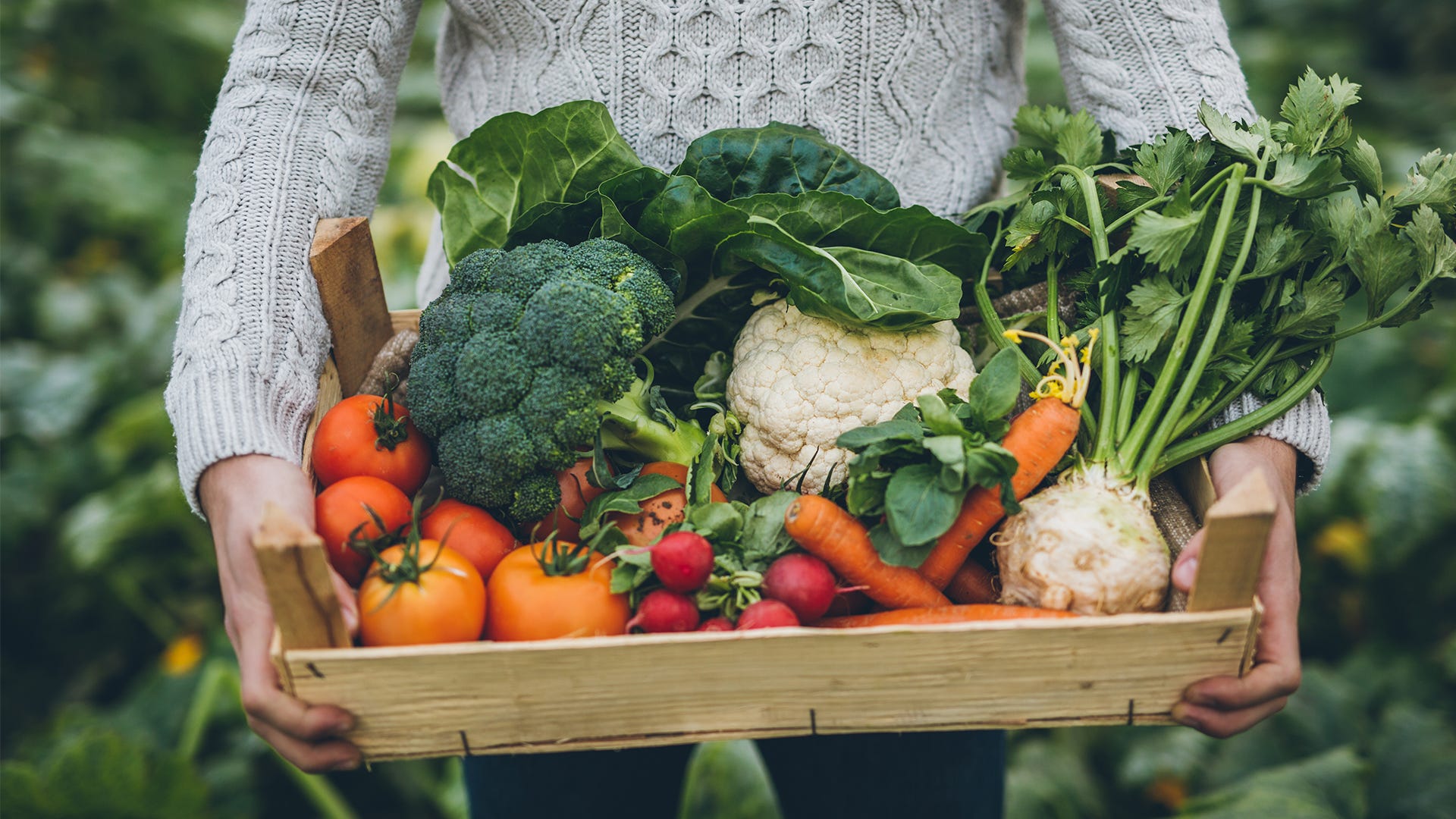
Let Us Help You
If you choose to create a hobby farm and you’d like to raise livestock, let us help you keep your animals protected from predators and contained with our variety of options for electric fencing. At Zareba, we want to provide you with the best resources for your animals. We also want to support your hobby farming endeavor. Connect with other farmers and tell us how you hobby farm by visiting our Facebook page.

